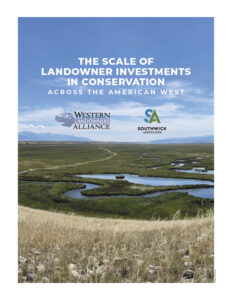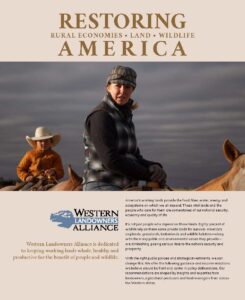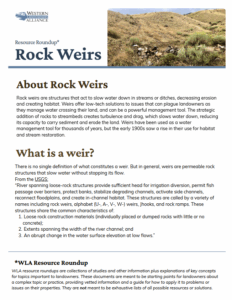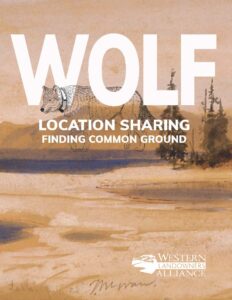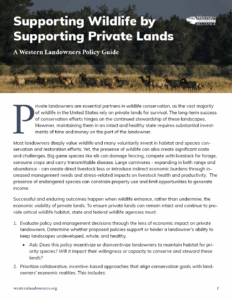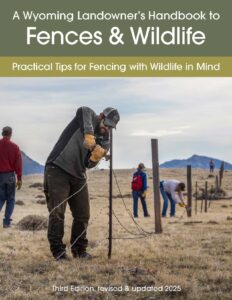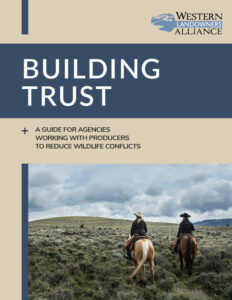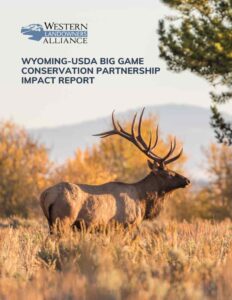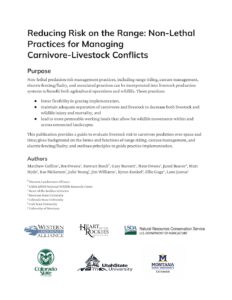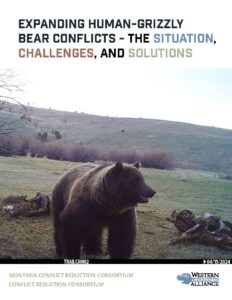PUBLICATION
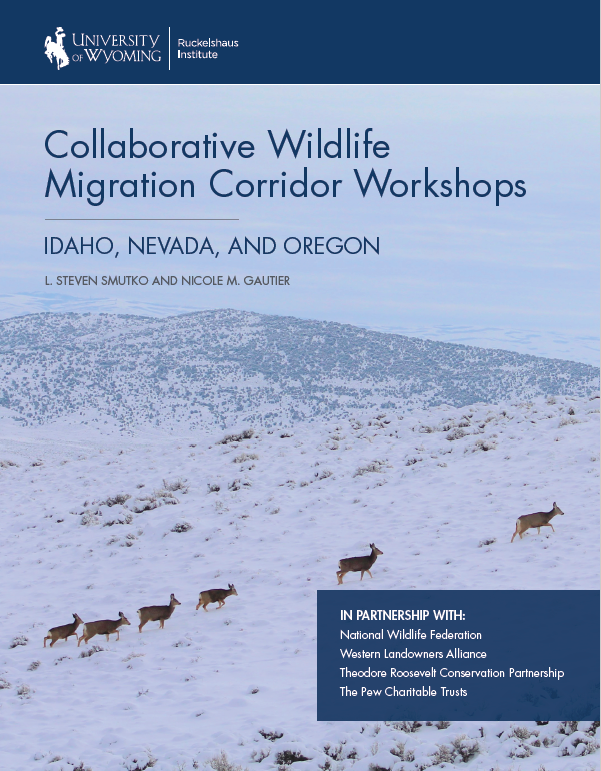
A publication of the Ruckelshaus Institute at the University of Wyoming
Staff contact
Publication Date
Collaborative Wildlife Migration Corridor Workshops
Idaho, Nevada and Oregon
By L. Steven Smutko and Nicole M. Gautier
In June 2019, the Western Governors’ Association passed a resolution urging federal land management agencies and non-governmental organizations—in coordination with state wildlife agencies—to work with private landowners and local communities, engage in dialogue with relevant partners, and identify collaborative solutions to wildlife corridor and habitat conservation across land ownerships.
In August 2019, the Ruckelshaus Institute in partnership with the National Wildlife Federation, the Western Landowners Alliance, the Theodore Roosevelt Conservation Partnership, and The Pew Charitable Trusts, convened workshops in Idaho, Oregon, and Nevada, to bring stakeholders together to discuss big game migration corridor management. The purpose of the workshops was to open a dialogue around management and conservation of wildlife migration corridors, find common ground on potential actions, and identify fruitful next steps for managing and conserving wildlife migration corridors in the West.
This report provides an overview of the latest efforts towards migration corridor management in each of the three states, and reports findings from the workshops. The report summarizes the discussion by workshop participants about what is working in their state, as well as opportunities to improve migration corridor management and conservation, around four themes:
- Partnerships, intergovernmental cooperation, and local involvement
- Voluntary landowner actions
- Planning and prioritization of conservation easements
- Local, state, and federal government action
The Western Landowners Alliance and the authors reserve all copyrights on publications posted on our website unless otherwise noted. Please contact us for reprints or for special use requests.
Browse our Library
Never miss a new publication or resource from Western Landowners Alliance.
It's important to be prepared for what's in front of you. Western Landowners Alliance produces vital resources from and for landowners on topics as critical and varied as public policy, economics, and stewardship best practices. Subscribe to our email list to ensure you are always in the loop.
GET UPDATES DELIVERED TO YOUR INBOX
* We don’t share your personal info with anyone. Check out our Privacy Policy for more information.
©2026 Western Landowners Alliance • PO BOX 27798, Denver, CO 80227 • 505.466.1495
Western Landowners Alliance is a 501 (c)(3) non-profit recognized by the IRS.
Tax ID: 46-1346488
